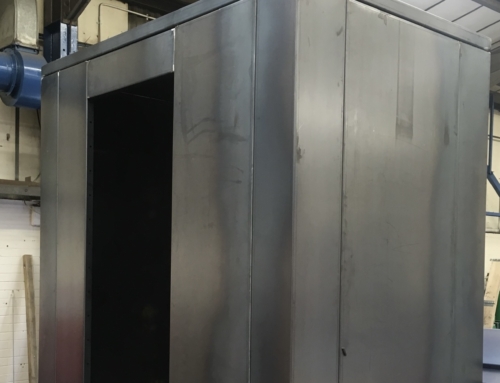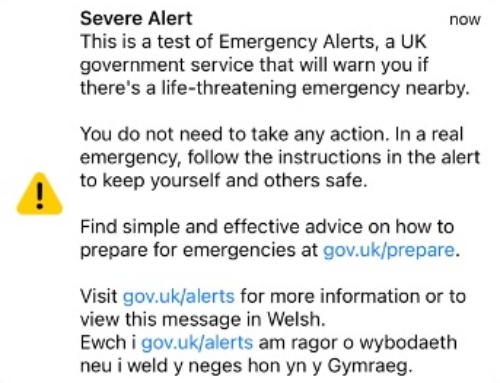Lithuania is rapidly bolstering its civil‐defence infrastructure and revising its rules of engagement in response to alarming incursions by drones along its border skies, developments that underscore emerging challenges for security providers across Europe.
Recent drone sightings over Lithuania and neighbouring countries have stoked fears of escalation, prompting the Lithuanian government to urgently expand and upgrade its bomb shelter network.
- Vilnius officials have announced that the city’s 32 existing bomb shelters must be operational within 12 hours of an alert.
- Authorities are encouraging municipalities and citizens to retrofit basements, install “safe rooms,” and improve shelter readiness.
- As of 2025, Lithuania has about 6,453 public shelters, sufficient to house an estimated 1.5 million people, roughly 54% of the national population. But many municipalities still report shortfalls or shelters that are only on paper.
The move signals a shift from passive preparedness to proactive civil defence, a lesson that firms in the security sector should closely monitor.
Image source: © Petras Malukas / AFP
In parallel to physical shelter expansion, Lithuania’s parliament has passed a law authorising its military to shoot down drones violating national airspace, even if they are not directly threatening objects, under certain conditions. Under the new rules, the Chief of Defence may close parts of Lithuanian airspace and neutralize unauthorized drones that breach set parameters.
These developments in Lithuania highlight two broader trends: civil-defence infrastructure is rapidly expanding, with increasing emphasis on shelters and safe rooms, and making sure people understand the risks and feel prepared is just as important. The government’s push for citizens to build shelters isn’t just about safety, it’s also about reassuring and informing the public.
At The Panic Room Company, we are committed to helping clients stay safe and prepared in an uncertain world. We provide high-quality nuclear shelters and panic rooms designed for both homes and businesses, and we offer expert advice on how to maximize their effectiveness. Beyond installations, we work closely with stakeholders, including municipalities, emergency services, and private organisations, to ensure that shelters and safety measures integrate seamlessly with broader civil-defence and emergency response plans. Our goal is not just to provide secure spaces, but to guide clients in readiness planning, drills, and strategies that boost confidence and preparedness in any situation.
Sources: Reuters.com, France24.com, LRT.lt








